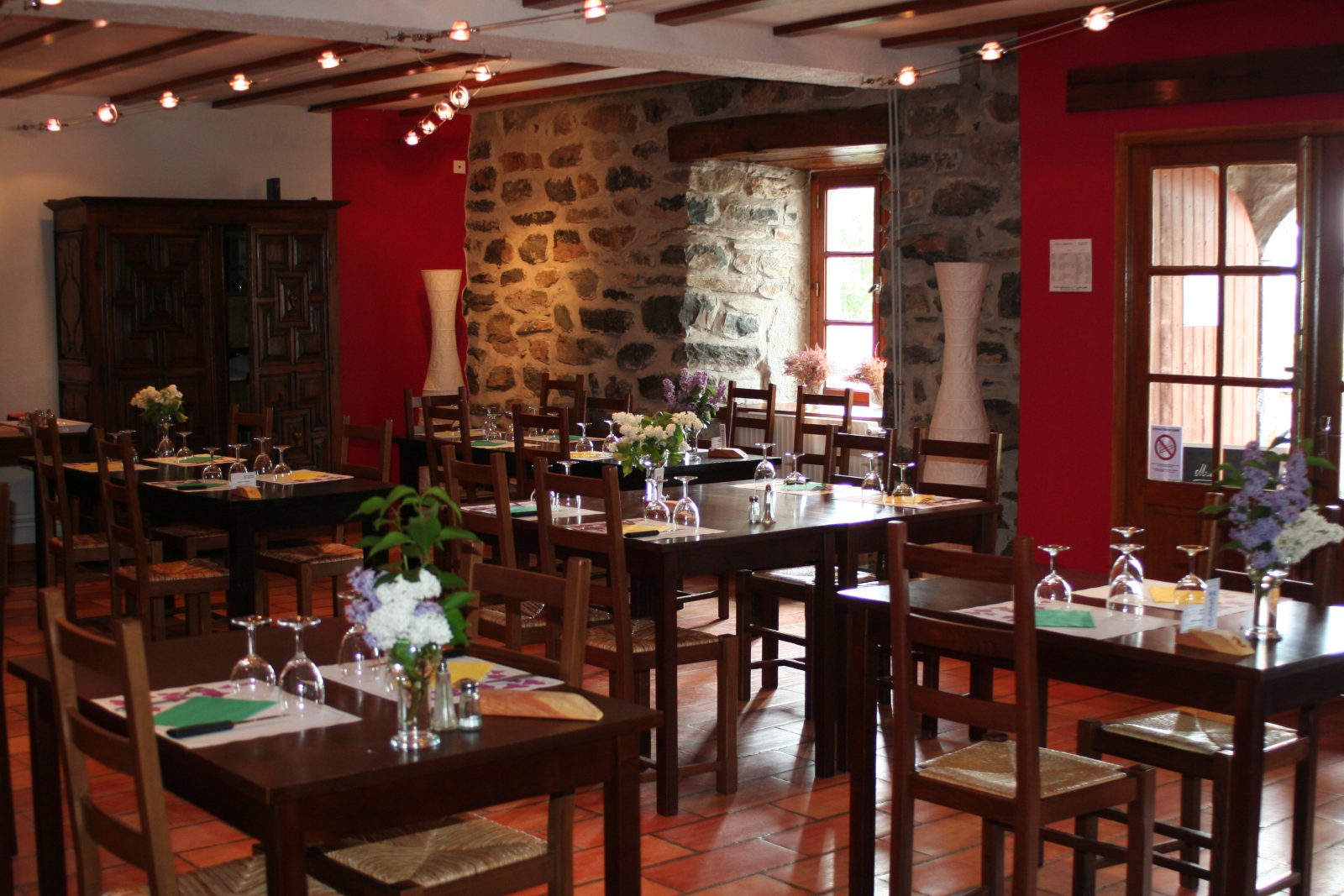Corrèze
WELCOME TO Corrèze
Entry Into Department
Brive-la-Gaillarde
5,857 km2
240,000
French
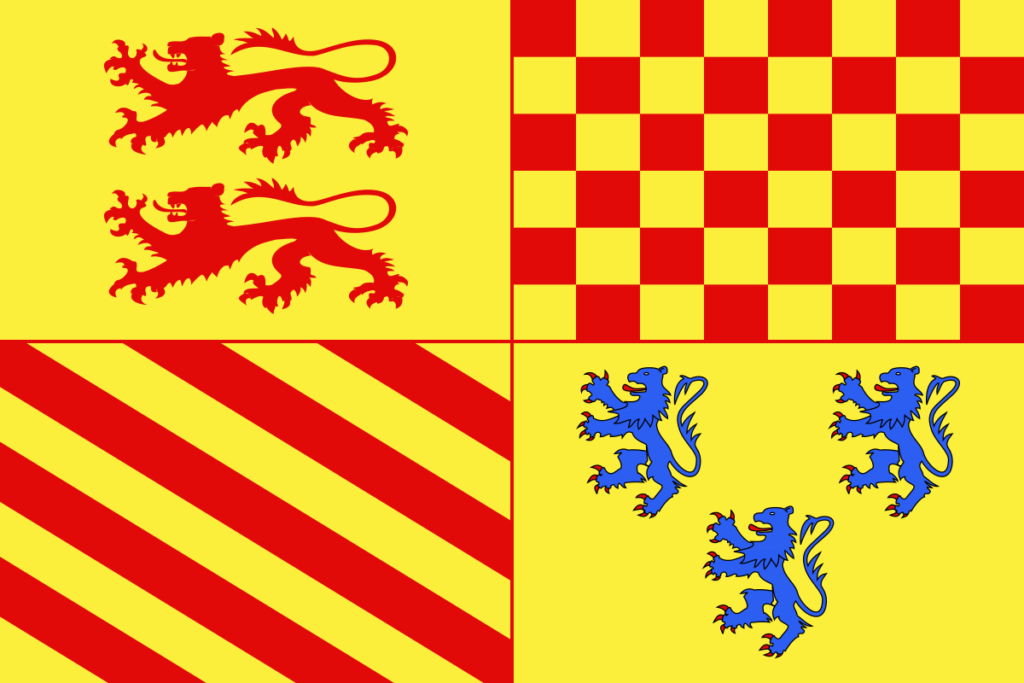
Popular
Geography and Tourist Attractions
Information about the canton's tourist attractions, including popular destinations, events, and activities.
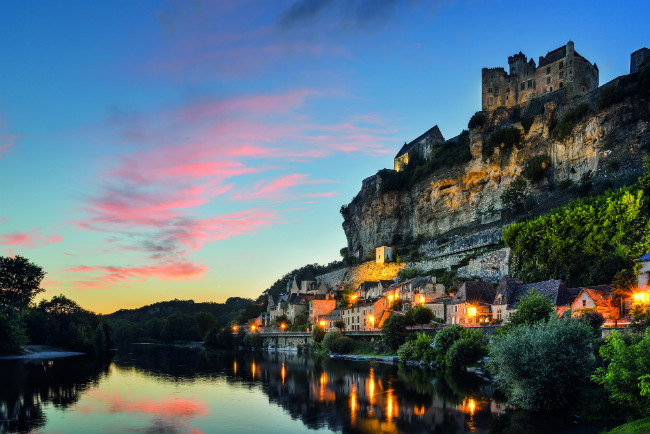
The Dordogne River
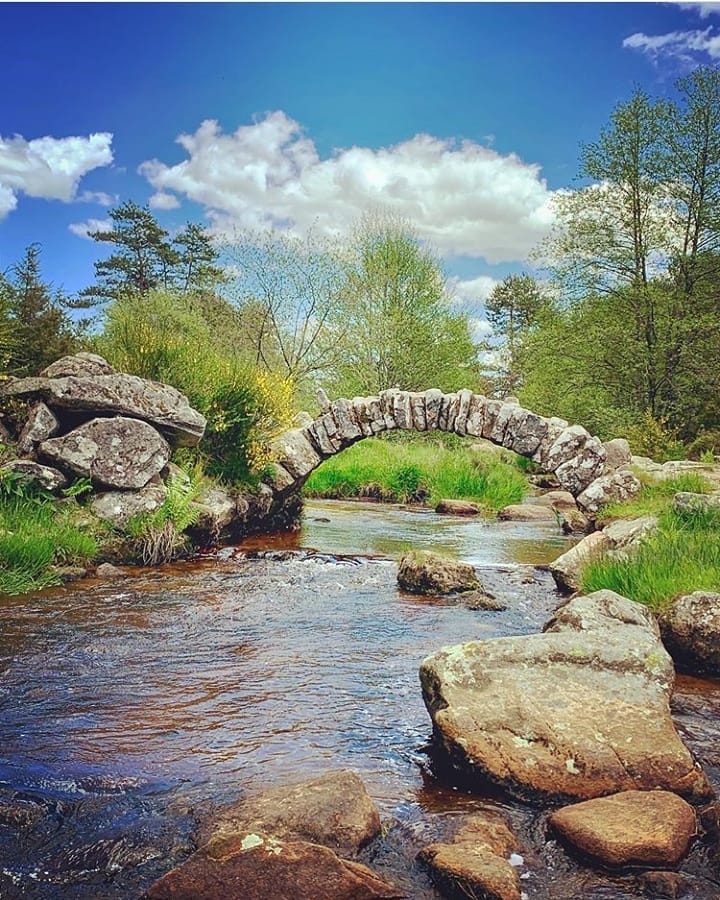
Plateau de Millevaches
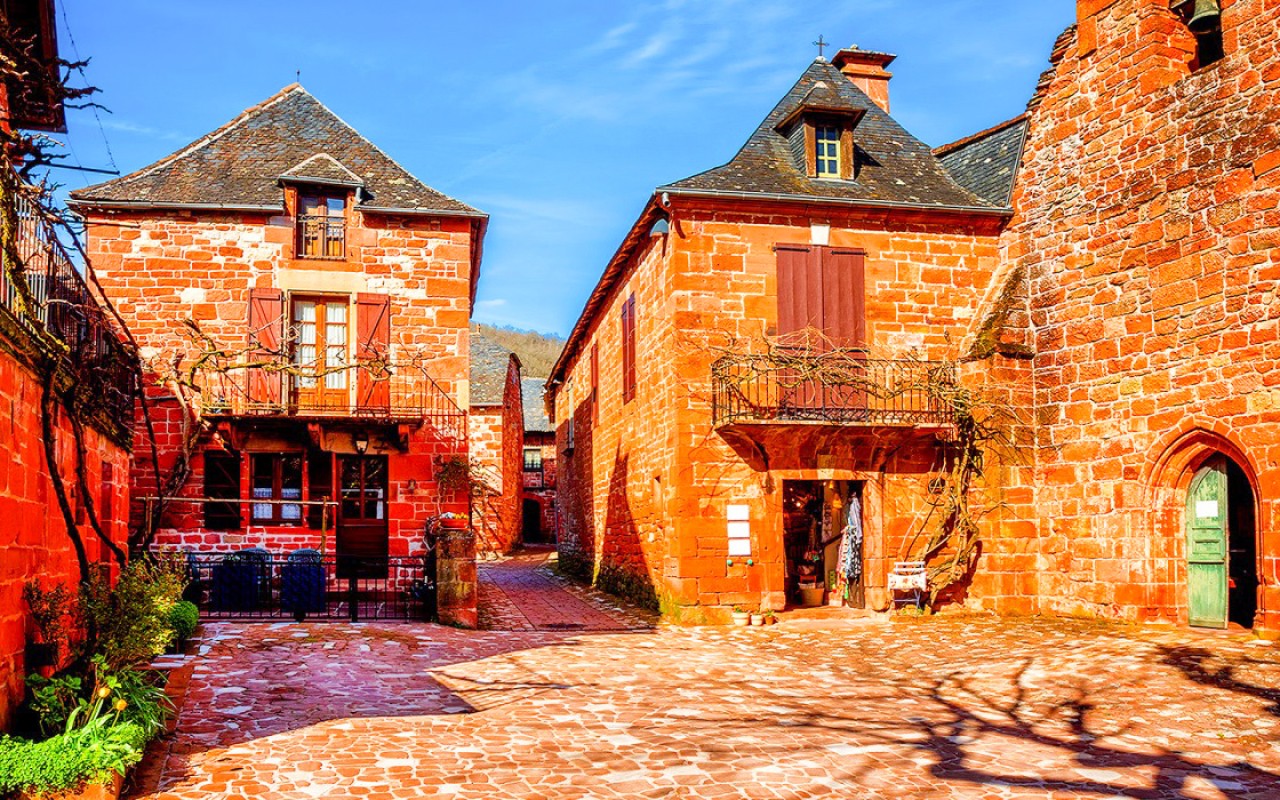
Collonges-la-Rouge
Political
Economy and Government
The economy of Corrèze is largely based on agriculture, with the department being known for its livestock farming and production of various agricultural products such as walnuts and chestnuts. Other important industries in Corrèze include food processing, tourism, and manufacturing.
The department is governed by a council that is responsible for managing local services and overseeing the department's budget. The council is made up of 34 members who are elected by popular vote every six years. The council is led by a president, who is also elected by the members of the council.
Corrèze is part of the Nouvelle-Aquitaine region of France and is represented in the French National Assembly by three deputies. The department is also represented in the French Senate by one senator.
Overall, Corrèze is a relatively rural department with a strong sense of community and a focus on preserving its natural and cultural heritage. The government of Corrèze works to support local businesses and industries, while also promoting sustainable development and preserving the department's unique character.
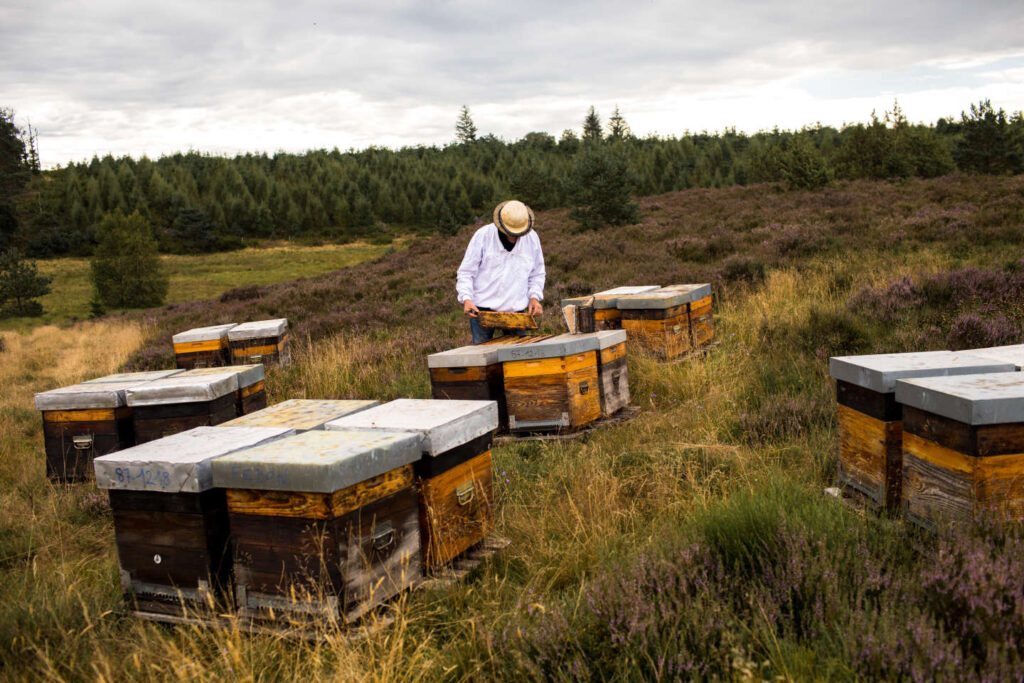
History
History and Culture
Corrèze has a rich history dating back to prehistoric times, with numerous archaeological sites and artifacts found throughout the department. During the Gallo-Roman era, Corrèze was an important center of trade and agriculture.
Throughout the Middle Ages, Corrèze was ruled by various feudal lords, and numerous castles and fortresses were built in the region during this time. The department also played a key role in the Hundred Years' War and was the site of several important battles.
In the 19th and 20th centuries, Corrèze experienced significant industrial growth, particularly in the textile and food processing industries. However, the department also suffered significant population loss during this time, with many residents emigrating to other parts of France or to other countries.
Today, Corrèze is known for its vibrant cultural scene, with numerous festivals, concerts, and other events taking place throughout the year. The department is also home to numerous museums, art galleries, and other cultural institutions, many of which showcase the rich history and heritage of the region.
Overall, the history and culture of Corrèze are deeply intertwined, with the region's unique character shaped by its rich and diverse past.
HOTELS
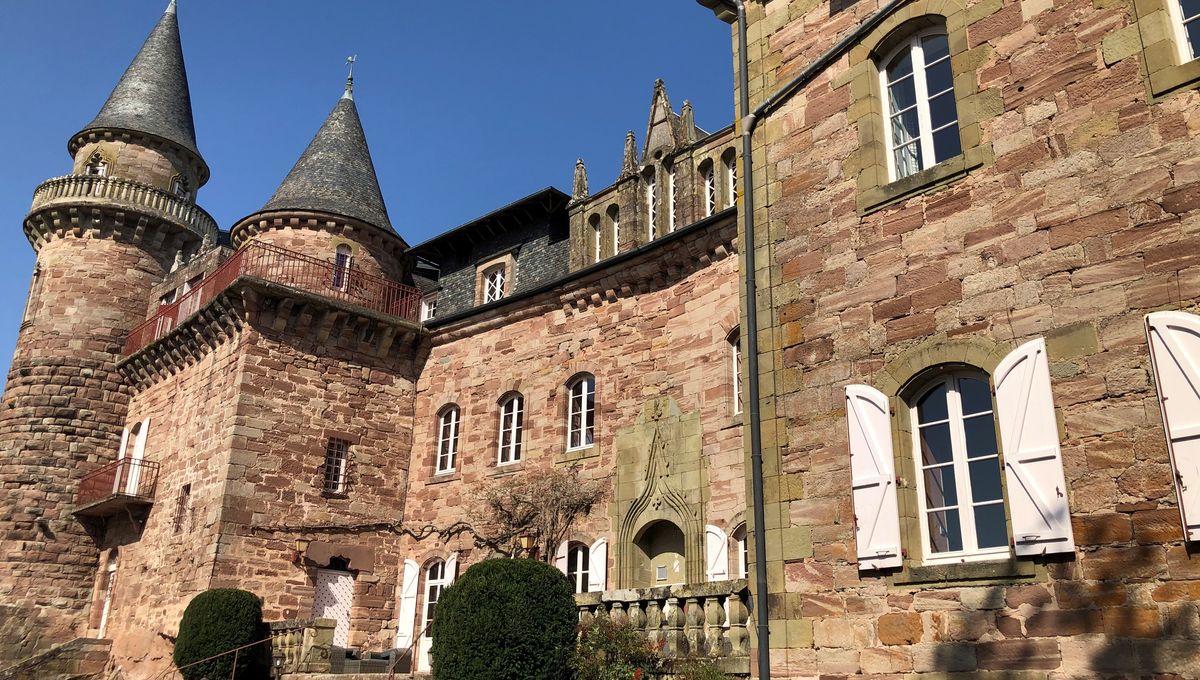
Château de Castel Novel

Auberge de la Xaintrie
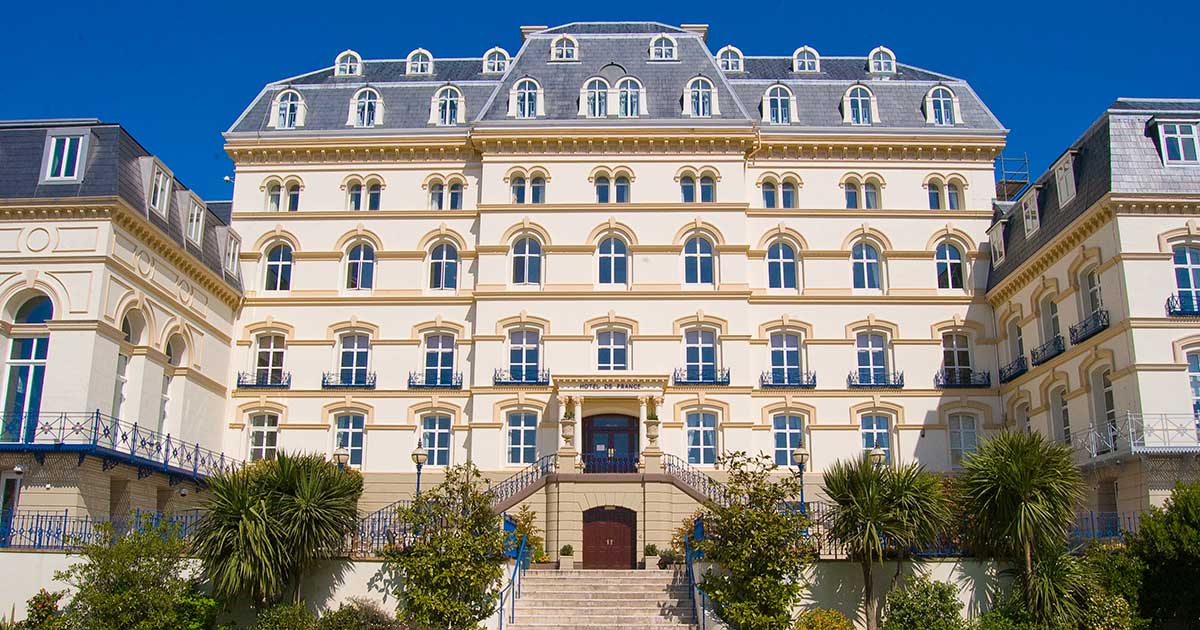
Hôtel de France
RESTAURANTS
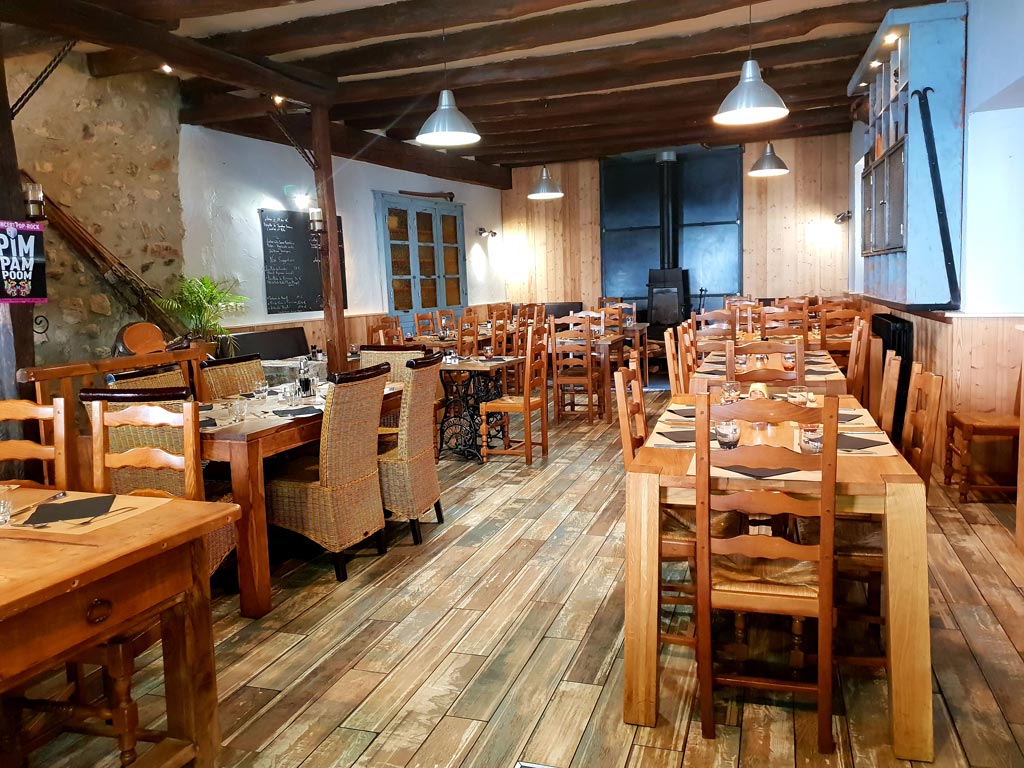
Le France
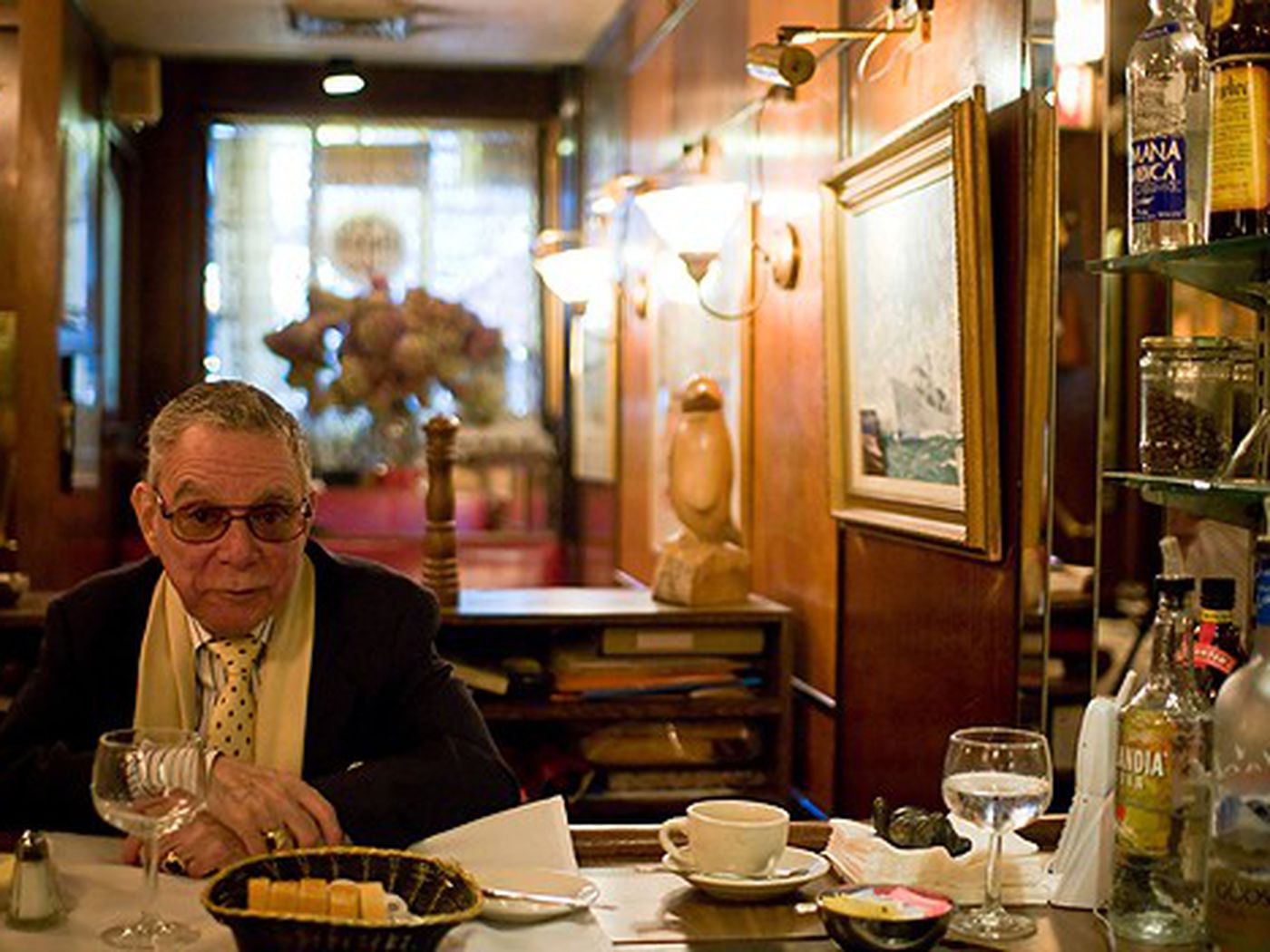
Le Veau d'Or
